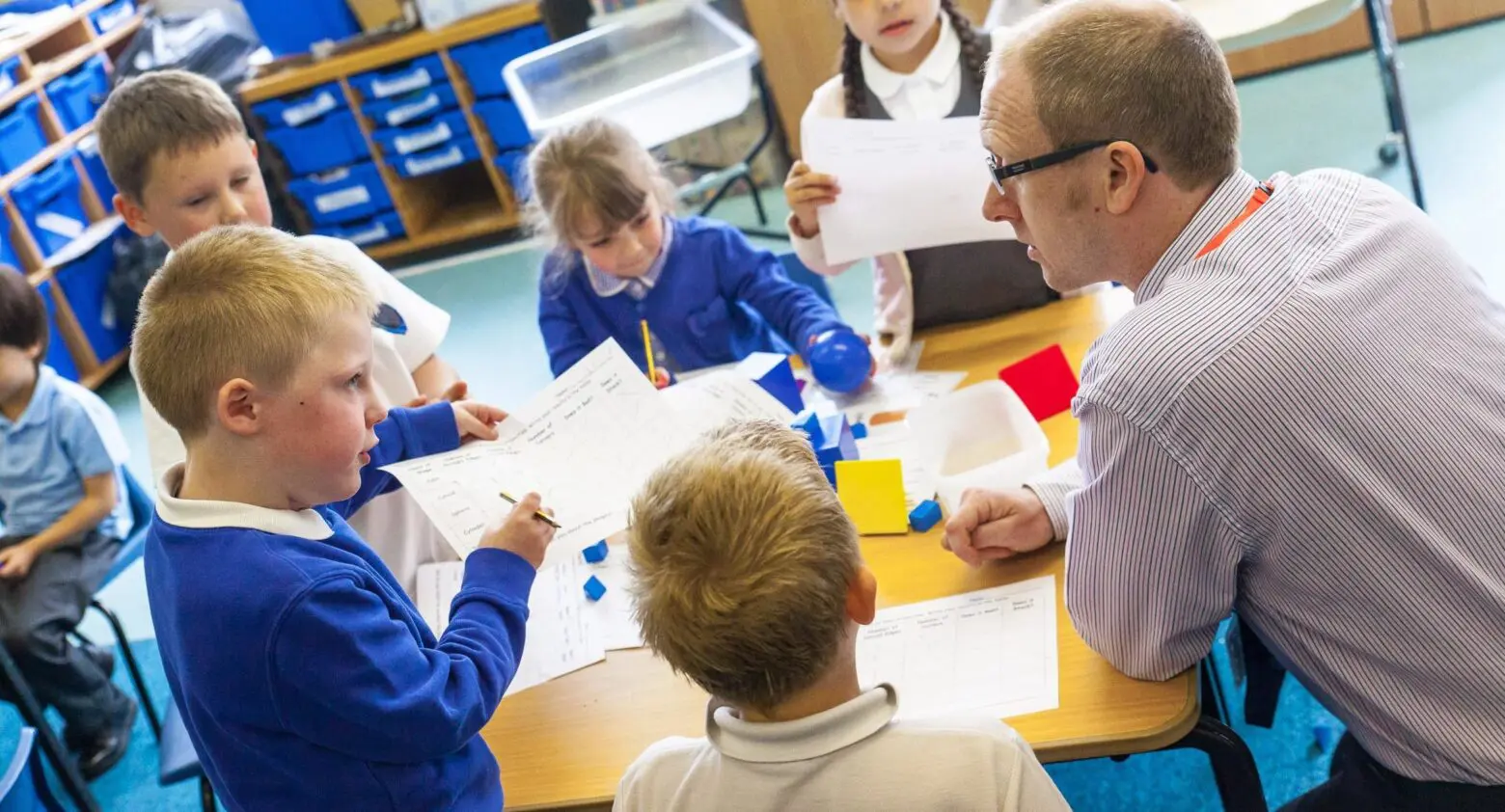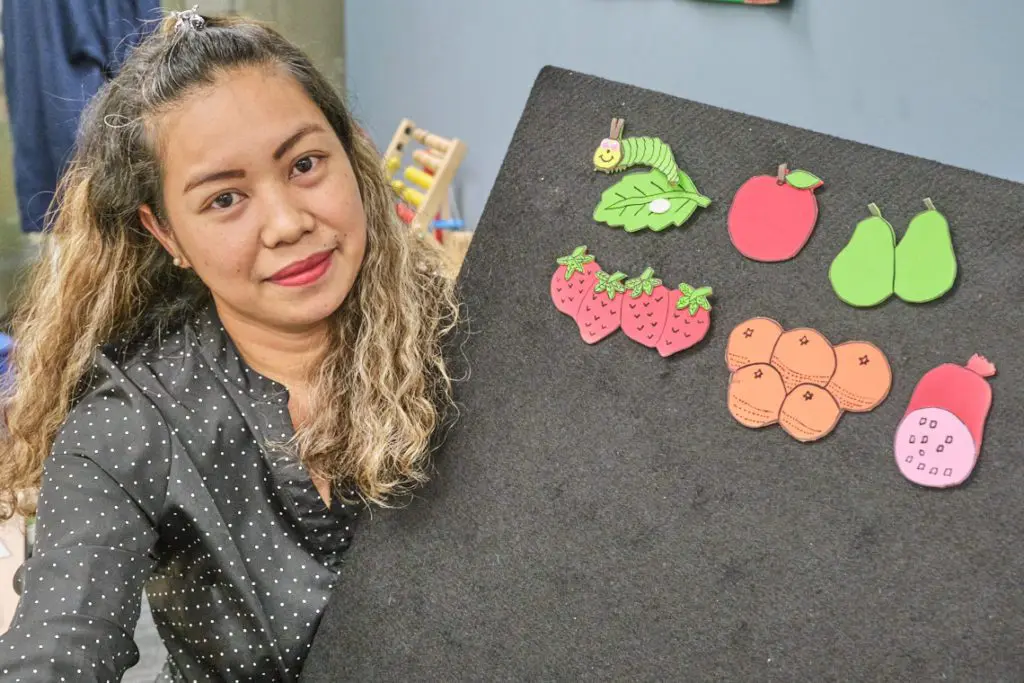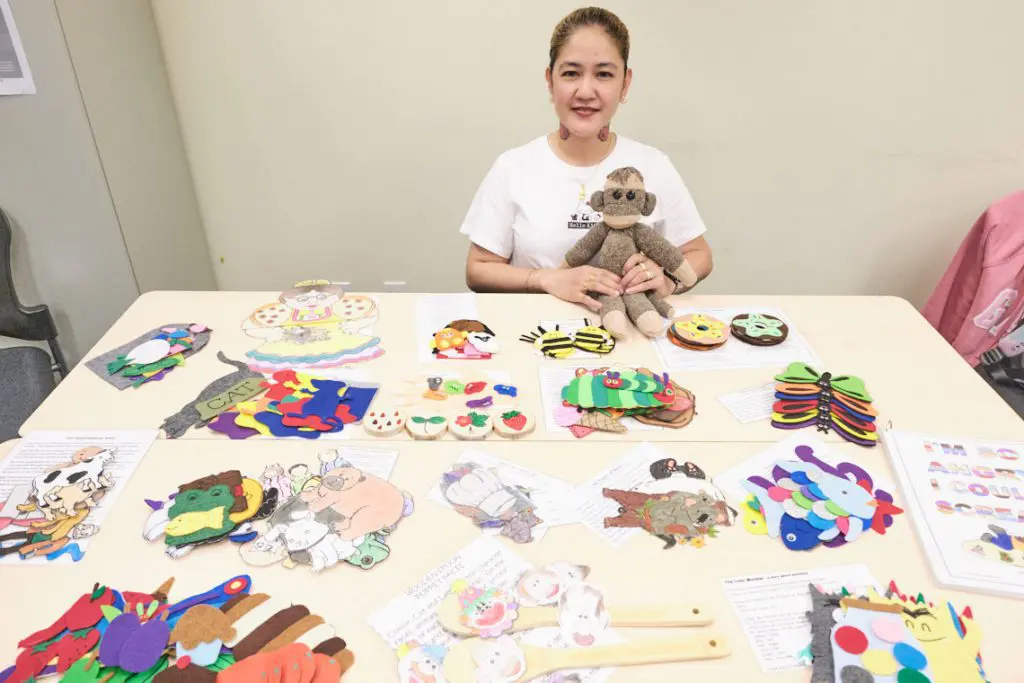Facilitating the emotional development of children is a key aspect of early childhood education, and one of the most important elements of this is helping children to develop a sense of morality and compassion for others.
Many people believe that preschool children do not have the cognitive ability to be concerned with anyone other than themselves. However, research has indicated that even very young children show signs of empathy, becoming distressed when another child is punished or cries.
So how should early childhood educators (ECEs) go about nurturing compassion? Rather than attempting to indoctrinate children with a set of rules, today’s educators take a more holistic approach, demonstrating moral concepts to children through play, activities, and interactions.
How Early Childhood Education Training Teaches Morality Through Play
Playtime provides plenty of opportunities to teach children to share and be kind to one another. For instance, ECEs can establish rules for children to take turns with popular toys, helping children to understand that others around them have the same feelings as they do, and are upset when they don’t get their turn, and happy when they do. ECEs can even help children set their own rules for play, furthering their understanding.
Early childhood education training also teaches students how to react to bad behavior towards others during play, focusing on how one child’s feelings have been hurt to help the other child understand why the rules are there. At the same time, ECE students also learn about the important cognitive differences and natural egocentricities of young children, to ensure they don’t react too heavy-handedly.
Teaching Morality Through Literature As An Early Childhood Educator
Children’s books and television shows are great tools for an early childhood educator to use in order to articulate moral concepts. Children’s literature appears simple, but many stories are expertly designed to help illustrate complex ideas through characters children can enjoy and relate to. You can find plenty of great choices through the internet for teaching all sorts of social behaviors.
Some experts have criticized the idea of using moral stories, as they feel explaining complex ideas in simple stories doesn’t help a child’s comprehension. However, ECEs are taught to use stories as a starting point for discussion, rather than simply reading them verbatim, to help children uncover the meaning of a concept themselves.
Early Childhood Educator Program Students Learn To Lead By Example
Students enrolled in an early childhood education program learn how children observe and learn to imitate the actions of the adults around them. That’s why it is important that ECEs set a good example, ensuring that children see them showing compassion to the other adults around them, such as coworkers and parents.
ECEs can also share examples of compassionate acts they perform in their own lives, such as charitable donations they make, or things they do for friends and family. Developing in an environment of caring, empathetic individuals will help a child grow into a more caring person themselves.
Want to teach children to be caring and kind?
Visit Stenberg today to learn more about our early childhood education course!











